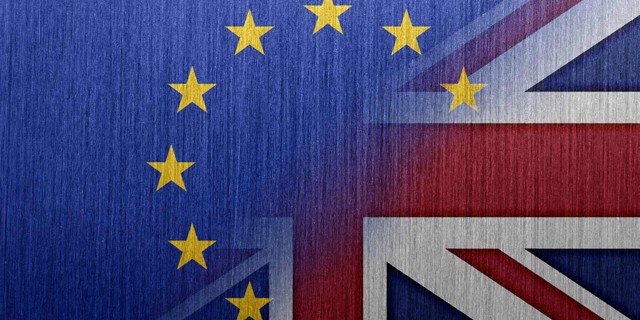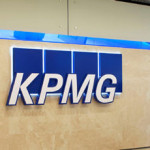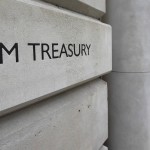What Brexit means for accountants

Shortly after the UK voted for Brexit on 23 June, sterling hit a thirty year low against the dollar and the UK has had its credit rating downgraded by two different agencies. It is currently unclear whether these repercussions will be long term or whether this is a blip and that stability will soon be restored. This uncertainty is likely to result in a set of mixed implications for accountants.
Advisory services
Accountants are already the most trusted business advisers. It is plausible that during Brexit clients will turn to their accountants in order to try and make sense of the macro economic environment and how it impacts their businesses. Accountants in practice will be able to benefit from their cross industry exposure in order to offer additional insight into potential repercussion for their clients’ business.
The rise of cloud software, with its focus on tailored reporting and easy-to-understand graphics has resulted in a trend towards accountants offering higher level valued added advisory services over more routine compliance work and it is plausible that this may accelerate due as HMRC pursues their digitisation agenda.
In this period of uncertainty businesses may face challenges, which include fulfilling capital requirements and a need for their customers to ruthless control on operating expenditure.
Emma Perry, founder of accountancy firm Emma J Perry & Co, is taking a proactive approach and will “keep clients updated on any announcements as they come in, and [help them] them plan for these changes where possible.” She is also considering holding talks to educate clients on any new legislation introduced.
Tax
Up until the time of publication there have been not been any tax consequence. In deed, HMRC have updated the recorded message on their helpline telling taxpayers that taxes and their services remain the same.
It is likely that leaving the EU will lead to changes to taxes and taxation policy, and any changes would be subject to negotiation once article 50 has been triggered. It is highly tat exit from the UK would result in the scrapping of VAT Mini One Stop Shop (VAT MOSS), introduced by the EU in January 2015 for sellers of digital products and services. It passing would not be mourned by many if it has been much criticised by small business owners, and its removal would create less red tape and allow people to set up and grow businesses with more ease.
It is unclear whether or not we will be imminently subject to the Chancellor’s mooted Brexit Budget now or in the autumn. There is a high chance of a General Election being held within the next year, something which has been acknowledged by the two main political parties.
Accountants will need to be keep well informed in order help their clients to navigate the choppy economic-waters that might lie ahead.
Exports
Conversely some UK based businesses may benefit from Brexit. A positive outcome of the diminished purchasing power of the pound is a boost to exports. When this happens good and services sold in sterling become better value for overseas buyers. Making them more competitively priced when compared to their overseas competitors offering. Evidence for of the effect could be viewed on the day of Brexit, when Rolls Royce’s share price rose 3.3% within two hours of the market opening.
With two thirds of the British engine manufacturer’s revenues coming from overseas, it is possible that its overseas earnings could increase further due to currency fluctuations. Prior to the Brexit announcement, the company were already predicted to booking an extra £400 million of revenue due to currency swings.
The weak pound is likely to create more demand for exports. Accountants will need to advise how to take advantage of this demand, whilst incorporating a hedging strategy to help export businesses counter against the currency recovering.
Jobs
It is hard to be certain exactly how Brexit will effect the medium and long term job prospects of accountants in industry due to the repercussions being likely to differ based on sectors. Good accountants are always needed in businesses, particularly in difficult times so finance professionals are well placed to ride out any downturns in the economy.
Phil Anthony, senior consultant at KennedyPearce Consulting (recruitment consultant) said:
“We are still observing strong candidates receiving multiple offers and one constant is that newly qualified accountants are always in high demand.”
Anthony was also of the view that it is very much business as usual in the recruitment industry:
“We have had many new roles in and are still placing candidates in roles even on the day of Brexit, and are continuing this week.”
Whilst the factors outlined indicate the likelihood of a prolonged period of uncertainty, proactive and future thinking accountants will be able to use Brexit as an opportunity to steward their clients and employers businesses through choppy economic waters.
Source: AAT





























